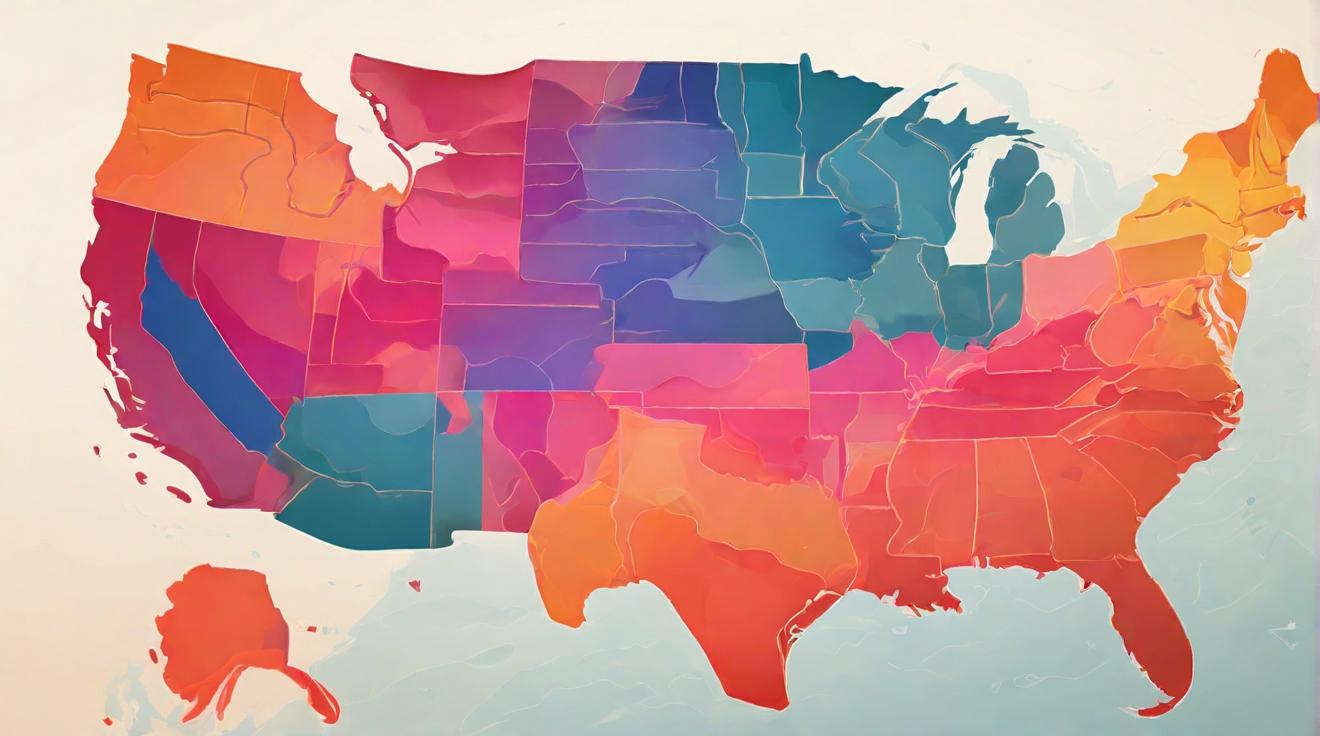Climate Change's Rampant Impact and MIT's Innovative Solution
In an era where climate change narratives shift between global warming, climate crisis, and global weirding, understanding the tangible effects of Earth's evolving climate remains complex. However, MIT researchers may have pioneered a more relatable approach to visualizing the future of our planet's climate. Their development – a tool projecting the potential shrinkage or expansion of "outdoor days" under unchecked carbon emissions until 2100 – serves as a direct bridge to the public's understanding of climate change's implications.
The MIT tool offers a climate scenario analysis with practical applications, illustrating the stark differences in future climate realities across various locations. In places like California, France, and Germany, this innovative approach paints a mildly optimistic future with slight increases in hospitable weather for outdoor activities. Conversely, regions such as New York, Massachusetts, China, and Japan are projected to face a reduction in these days, signaling a shift to more inhospitable climates.
Illinois and Texas stand out as states bracing for significant losses, with more than a month of outdoor days vanishing by the 2080s due to extreme heat. This pattern extends globally, with Nigeria and India facing radical reductions in suitable outdoor days, emphasizing the plight of vulnerable communities in adjusting to climate change.
Emphasizing the delicate balance between despair and hope, the study suggests that a reprieve is possible. If global efforts manage to curb carbon emissions significantly by 2070, even if missing the 2050 net-zero target, the most severe impacts could be mitigated. This prospect offers a lifeline, particularly for regions most at risk like Nigeria and India, potentially preserving a month of outdoor days that would otherwise be lost.
Climate scenario analysis is not new, but technological advancements have greatly enhanced its applicability and accuracy. This innovation underpins a burgeoning sector of startups leveraging predictive capabilities to shape a future ridden with climatic uncertainties. These enterprises equip investors, lenders, and insurers with critical data on climate risks, offering insights into flood, wildfire, and drought threats to assets and supply chains.
ClimateAI and Sensible Weather exemplify startups venturing beyond traditional markets, targeting sectors heavily influenced by climate, like agriculture and outdoor events. ClimateAI focuses on water risk assessment for agribusiness and food industries, while Sensible Weather provides weather insurance for outdoor activities, acknowledging the growing demand for climate resilience in daily life.
As public awareness and concern over climate change's personal impact rise, the demand for predictive insights and solutions is set to expand. This trend signifies the transition of climate scenario analysis from a niche academic and corporate domain to a mainstream necessity, opening new markets for innovative startups. In this evolving landscape, the role of technology in demystifying and combating climate change has never been more critical, offering a glimpse of hope amidst growing environmental challenges.
Analyst comment
This news can be seen as both positive and negative. It highlights the impacts of climate change and the potential loss of outdoor days in many regions. However, it also emphasizes the potential for mitigation and the emergence of innovative solutions like the MIT tool and startups addressing climate risks. The market for climate scenario analysis and related solutions is expected to grow as public awareness and concern increase.













